Introduction of low carbon solutions for sustainable management of land and water resources in Tsovak community of Gegharkunik region

Project Details & Results
The arable lands of Tsovak settlement constitute 645 hectares, out of which 70% is not irrigated due to inaccessibility of water resources. The hydrotechnical systems of the settlement were built around 60-70 years ago and are not being operated due to deterioration of the irrigation infrastructure.
The majority of the communal arable lands are not being cultivated and are mainly used as hay lands. In some places people cultivate cereals and perennial crops, that have a low productivity and profitability due to dry conditions. This results in land degradation of most of the arable lands.
Taking into account the applied irigation modality in Tsovak community, the water losses comprise about 70% (as per the official sources). The public awareness on new innovative approaches on land cultivation and irrigation is low and needs to be increased through demonstration of the advantages of the new agroecological technologies and innovative irrigation practices.
Aiming to tackle the aforementioned challenges, the project will revive the pumping station near Mets Masrik river in Tsovak settlement, that was not functional for about 30 years. It envisages to build a 4km-long irrigation pipeline, implement partial renovation of the pumping station, clean the water collector and insulate it with geomembrane, install a PV station with the capacity of 20kW to partially compensate the power energy spent for irrigation purposes, as well as other minor renovation activities to ensure that the water reaches the canal. It is estimated that the implemented complex measures will trigger the functioning of the irrigation system and return of over 500 ha of arable lands to cultivation.
The project objective is to strengthen resilience to climate change impacts through implementation of sustainable land and water management practices and improvement of infrastructure in Tsovak settlement with high social vulnerability.
As a result of project implementation:
- Water losses in the community reduced by 40%, water saving increased by 30% due to new agricultural technologies and innovative irrigation practices, applied by 5 farmers.
- 500 hectares of arable land in Tsovak settlement became irrigated and returned to cultivation due to rehabilitated irrigation infrastructure.
- 60 farmers and land users, representatives of around 15 local self-government units and management institutions increased their knowledge and capacities on land degradation and carbon stock, climate change adaptation, new methods on agricultural technologies and innovative irrigation; at least 5 out of them cultivated new high value crops.
- About 300 direct beneficiaries improved their livelihood due to rehabilitated irrigation infrastructure and introduced new agroecological practices.
.png&w=3840&q=75)
Subscribe for our news
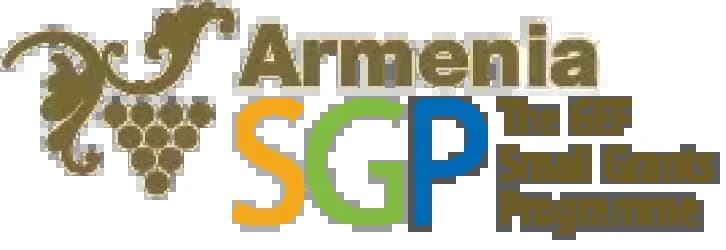


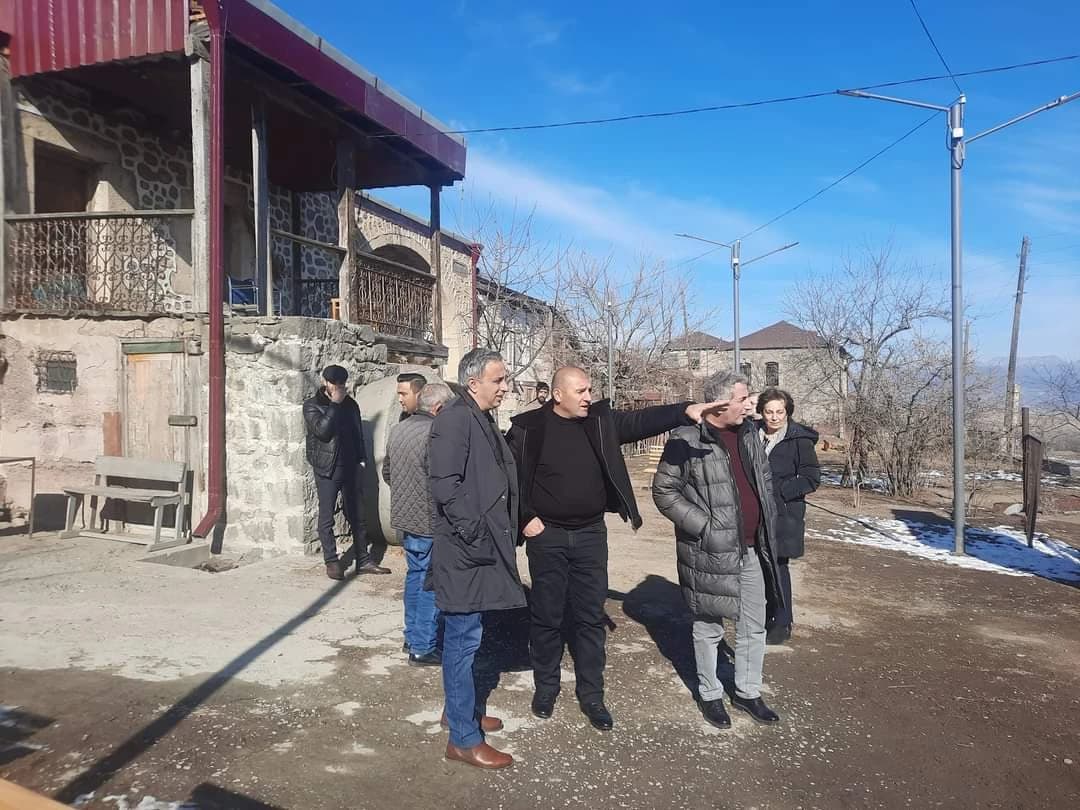
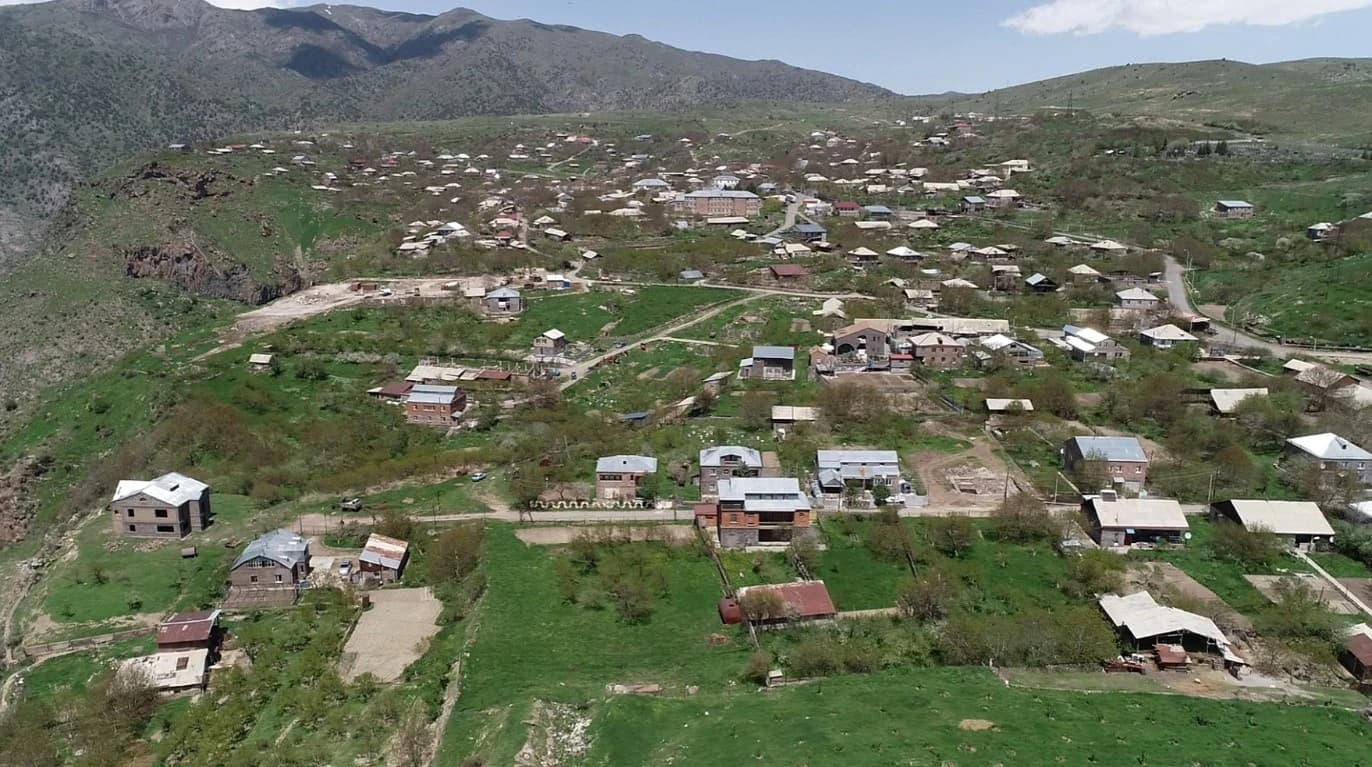
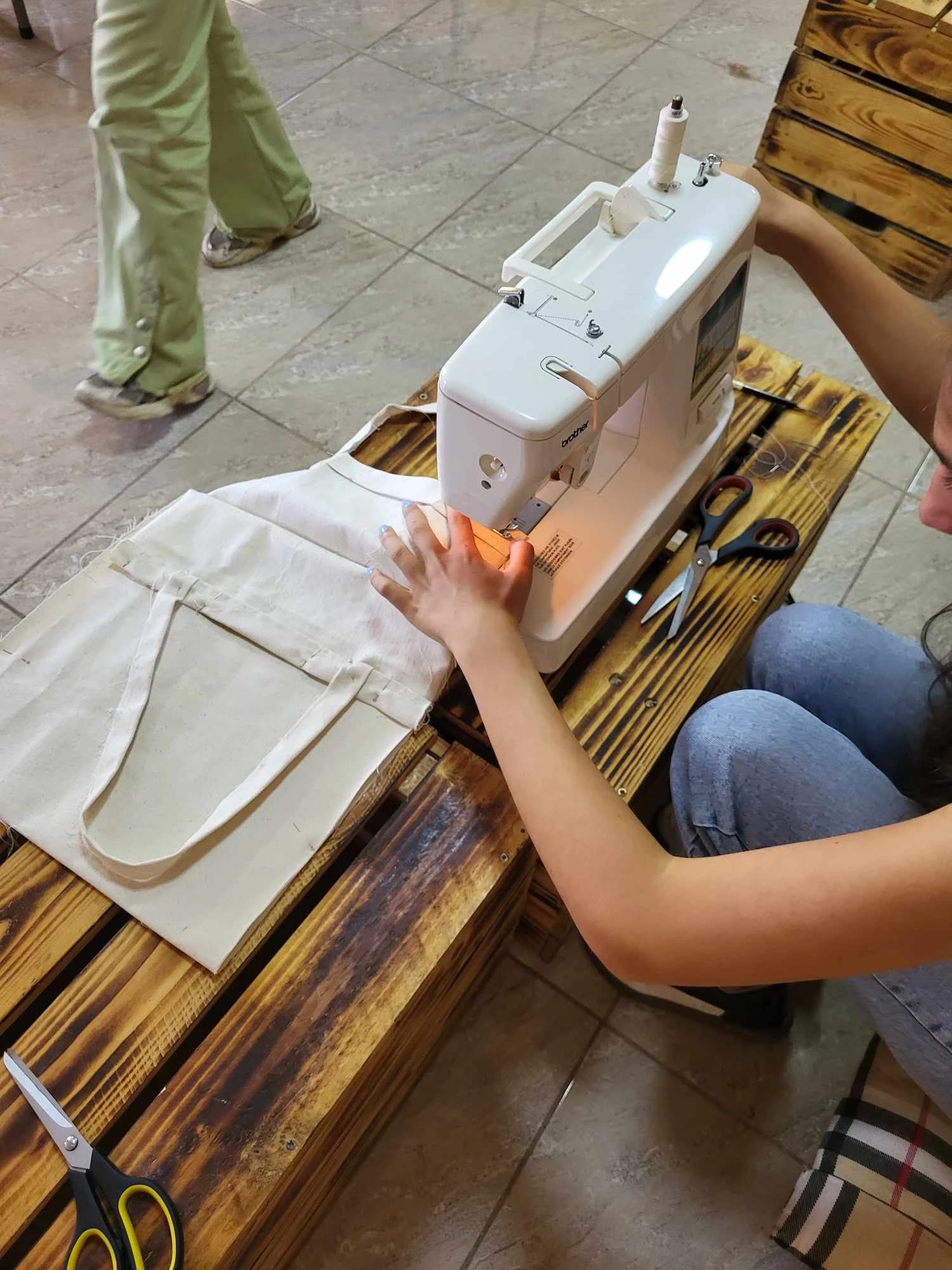
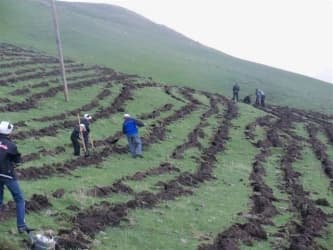
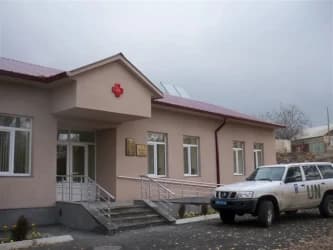
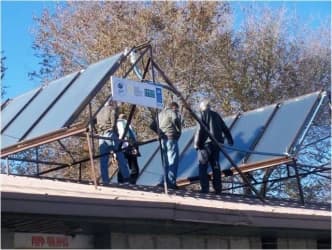
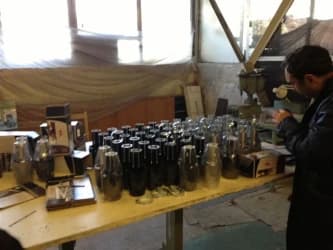
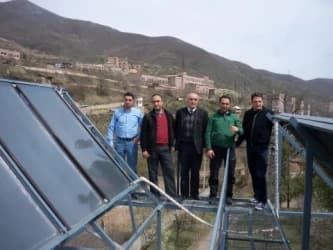

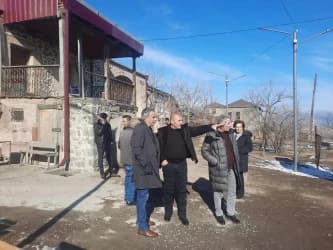
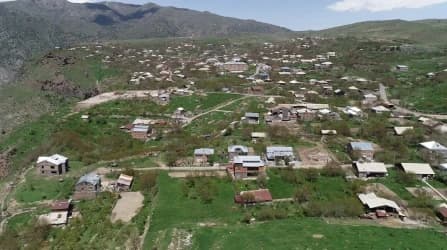

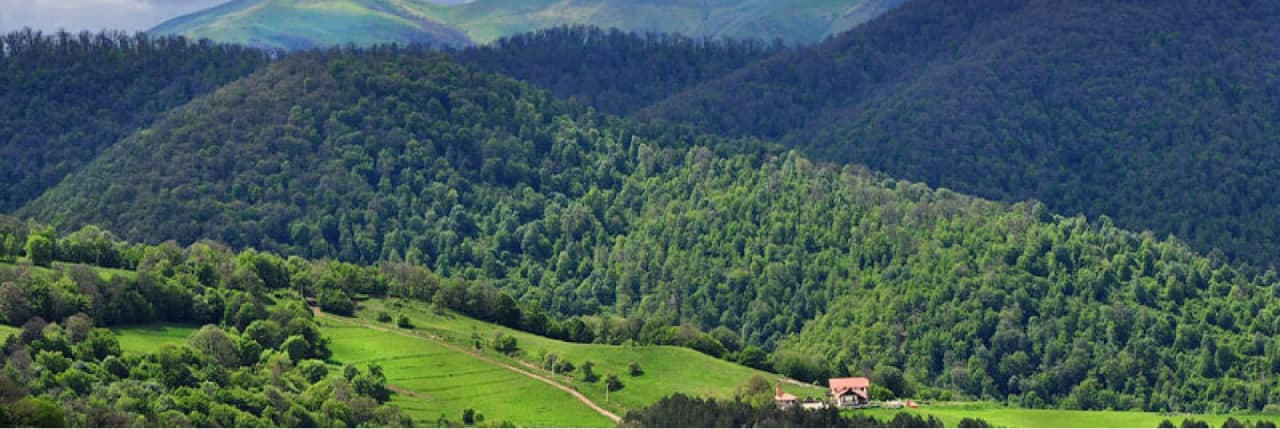
.png&w=3840&q=75)
